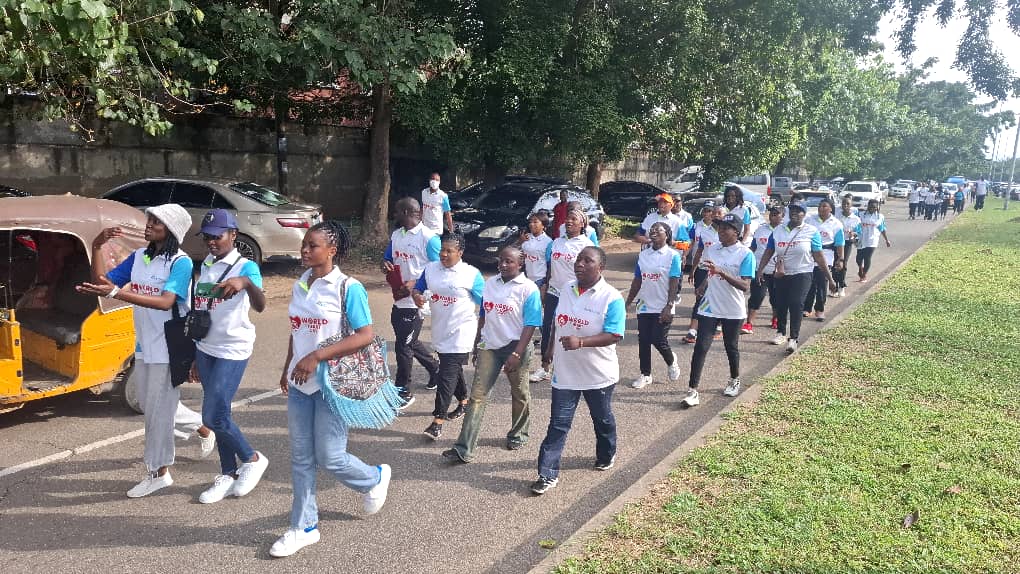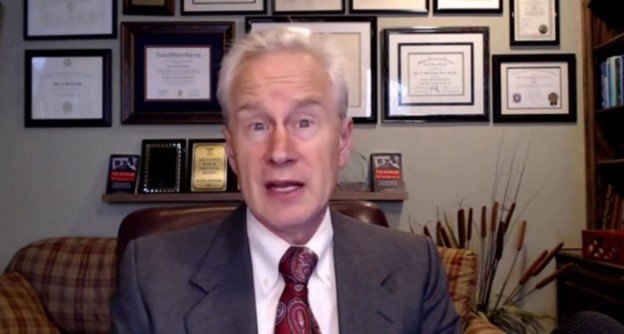By Apin Medical Laboratory,Tokunbo2
Copyright thesun

Advocates healthy lifestyle, regular body exercise
From Fred Ezeh, Abuja
Cardiologists have raised the alarm about the rising cases of cardiovascular diseases among Nigerians, linking it to some unhealthy lifestyles and other environmental exposures.
They raised the alarm at a road walk organised by APIN Medical Laboratory in Abuja at the weekend, as part of events to mark the 2025 World Heart Day with the theme “Don’t Miss a Beat”.
They said the road walk was designed to raise public awareness on growing cases of heart diseases, particularly stroke, which is fast becoming the major causes of death globally.
The cardiologists were concerned that if urgent steps are not taken by the government and individuals to improve awareness campaign and early diagnosis, the situation might degenerate and could result in a major public health crisis.
To this end, they suggested that the Primary Health Care (PHCs) be strengthened and expanded to accommodate cardiovascular diagnosis, particularly for children and teenagers, so that treatment could commence as early as possible.
Dr Oladipupo Fasan, Consultant Cardiologist, in his remarks, challenged Nigerians to take the healthcare seriously, particularly their cardio health, stressing that any unattended challenges could lead to sudden death which could be avoidable.
“Cardiovascular diseases, particularly hypertension, is rapidly rising in Nigeria. Four in 10 Nigerians have one cardiovascular issue or the other. Sadly, the majority of the people with the ailment don’t know they have the disease, and those who know are not getting adequate treatment.
“Also, look at the rate at which people are having stroke and heart attack, heart failure. It’s alarming. The prevalence of heart diseases is 30 to 40 per cent as against 10 per cent or less that we had 30 to 40 years. It calls for concern. There’s also a prediction that in a few years’ time, cardiovascular diseases will be recorded more among middle and low income population.
“We always work at prevention or early diagnosis for proper management. But in doing that, lifestyle changes are very important for the people. Regular body exercise is also crucial. We should exercise our bodies at least 30 minutes every day for at least five times a week. It helps our cardiovascular health.
“We also need to manage our salt intake. Excess salt intake exposes someone to heart diseases. So, it’s important we manage our salt intake. It’s also important to avoid alcohol, smoking, and foods to add to our calories. Those things could result in overweight, diabetes, and, ultimately, heart diseases.”
Femi Owolagaba, General Manager, APIN Medical Laboratory, in his submission, suggested a regular heart check, stating that the heart disease often attacks unannounced. “Sometimes you see people that go out for work or something else, and along the way experience heart attack and die.
“It’s important you take a break and seek medical help wherever you notice any change in your cardio health. Sadly, many Nigerians don’t do that for some unknown reasons, and that’s why we record some avoidable fatalities.”
He stated that cardiovascular care is not cheap because of the high cost of diagnosis, equipment and manpower, suggesting an increased investment in the health sector and other interventions from the government that could bring down the cost to diagnosis and cardio care, thus making it affordable for people at lower level of the society.
“Government should also consider subsidising the health care services particularly the growing cases of non-communicable diseases like the kidney, liver, heart and other related cases. We suggest that funds realised from the fuel subsidy should be channelled to health so that health care services could be affordable for Nigerians.”
Similarly, a consultant neurosurgeon and Nigerian Health Sector Reform Advocate, Dr Douglas Emeka Okor, said that 29th September has been designated the World Heart Day, and the reason was to raise local and global attention to the growing cases of cardiovascular diseases in the world, particularly in Nigeria.
“In Nigeria, we have poor and weak health systems. As a result, we need mainstream preventive and promotive health. So, going to the hospital for cardio care is costly. Hence, it’s important to promote a healthy lifestyle and personal care that will reduce the chances of coming down with cardiovascular disease.”
He suggested regular checks for all the vital organs of the body, including the heart. “At 35 and 40 years upward, the doctor has to be your friend. You need to present yourself to him for periodic checks. But in addition to that, there is the need to avoid certain lifestyles that are harmful to the body and could increase the chances of cardiovascular diseases.”



